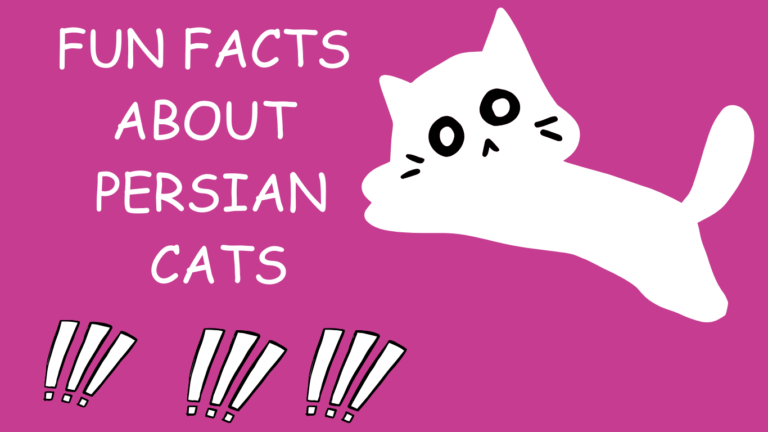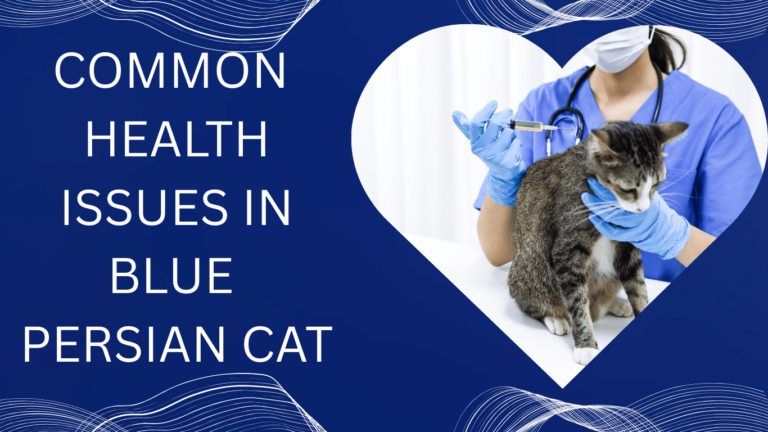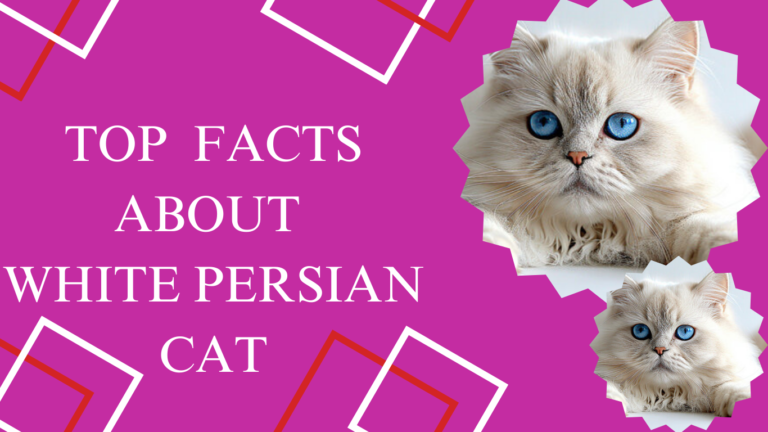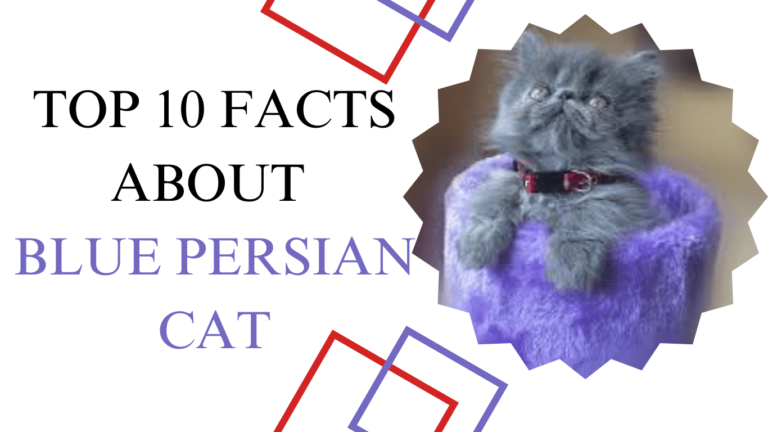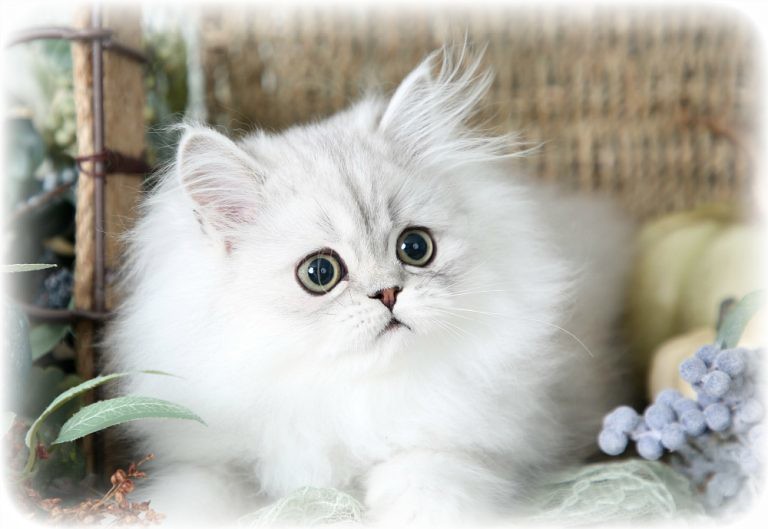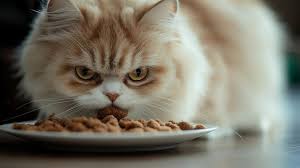The Average Persian cat weight.
Between 3 and 6 kilograms, but each cat is unique. Your feline’s weight depends on their:
1. Gender
2. Age
3. Genetics
Gender
- Cats usually weigh more than their female counterparts. Persian cats typically weigh between 4 and 6 kg for males and 3.2 to 4.5 kg for females.
Age
- Compared to later years, your Persian’s weight will change significantly while still a kitten. What to anticipate from your kitten’s weight over the first two months is displayed in the following table:
Genetics
- Your Persian ancestry can tell you a lot about what to expect from their size, even though a healthy diet usually takes precedence over genetics. How your cat will grow up is determined by how big and heavy their parents are.
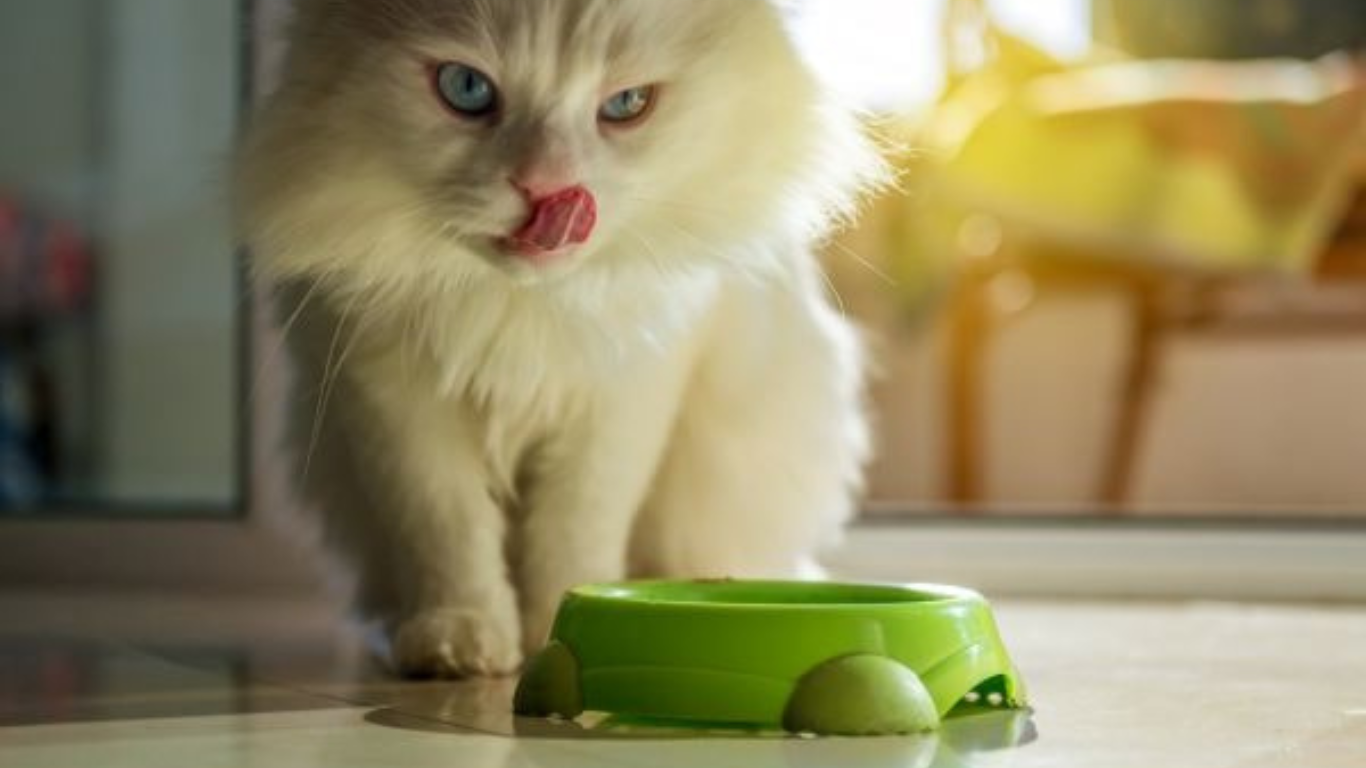
What causes weight gain in Persian cats?
- The weight of your cat is influenced by many things, including.
1. Inappropriate Diet.
- Your cat’s diet is crucial in many ways, but its primary function is to provide the nutrition and energy it needs to live a normal life. There are a few things to keep in mind when selecting pet food.
- Age and activity level will affect a cat’s nutritional needs, so it’s critical to select a diet that is full, balanced, and appropriate for their stage of life. It is also important to remember that cats are carnivores, which means they need a diet that is low in carbs and high in protein.
2.Overfeeding
- Indoor kitties don’t require more than 45 calories a day per kilo of their body weight. Every time you enter the kitchen, despite their adorable meows and pleading eyes, you must resist the urge to give them too many treats.
3.Medical conditions
- Hormonal problems like hyperthyroidism, Cushing’s disease, and gastrointestinal problems like IBS and constipation can all contribute to feline obesity.
4.Pregnancy
- Your Persian cat may be expecting kittens if she has gained weight, particularly around her belly, but no other factors appear to be at play. Consult your vet for a definitive diagnosis.
5. Sterilisation status
- The metabolism of spayed and neutered cats typically slows down, resulting in weight gain.
6. Inactive lifestyle
Mild-tempered and friendly Persian’s favorite leisure activity is taking a nap next to their cat parents. They’re prone to laziness and inactivity, so you must make playtime extra fun to get them to exercise.
7. Health Conditions
- Hypothyroidism (an underactive thyroid gland) is incredibly rare in cats, unlike dogs. Weight gain, diabetes, and insulin resistance can all be consequences of a condition called acromegaly, which is characterized by an increase in growth hormone production.
- A bloated stomach might be a symptom of conditions like heart disease or feline infectious peritonitis (FIP), which induce fluid retention.
Why Is Weight Gain So Bad?
- It is well known that obesity can shorten life expectancy1 and contribute to a variety of health conditions. Diabetes, arthritis, heart disease, and other conditions are more common in overweight cats. Your cat’s health may suffer from even a slight amount of excess weight. Additionally, it limits their physical activity and affects their overall health.
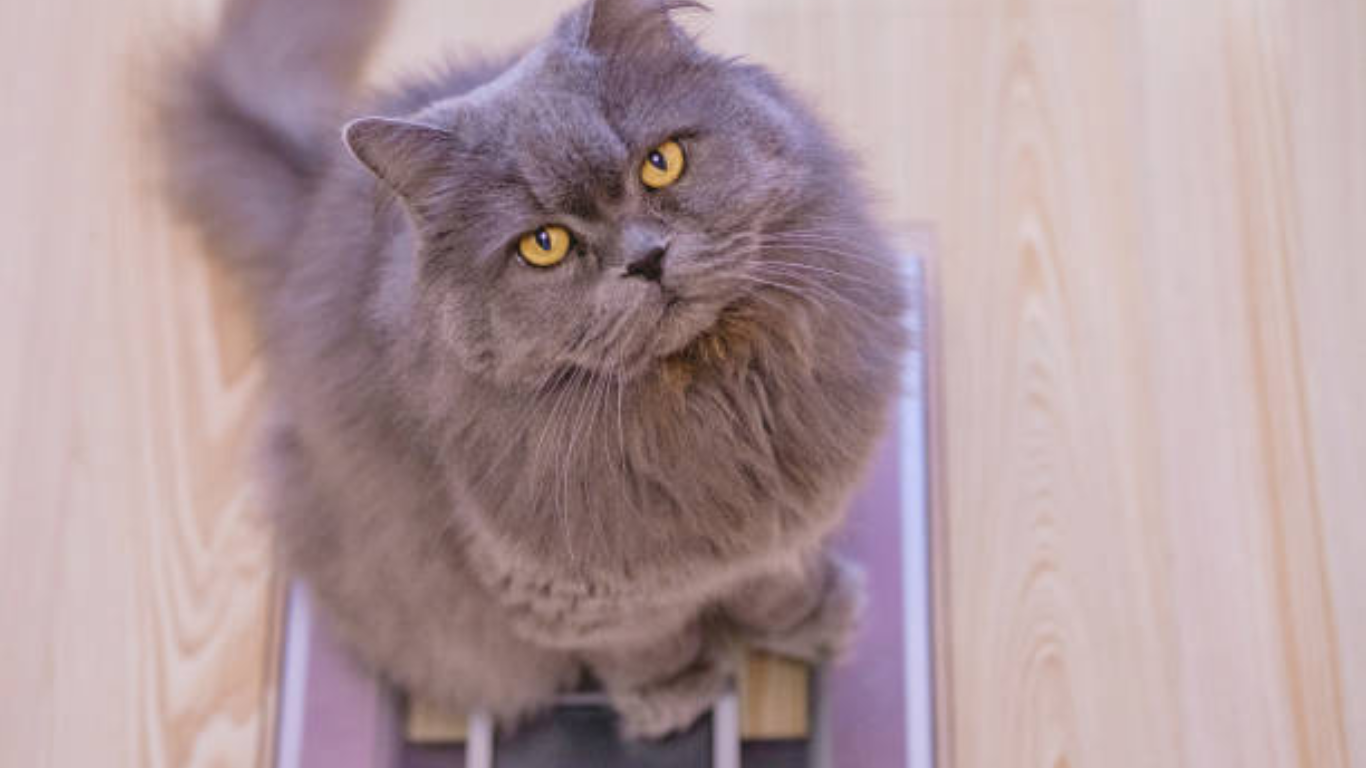
Tips for maintaining a healthy weight for your Persian cat:
1. Premium Food
- Make sure the food your cat eats is healthy and nourishing. Purchase the best pet food within your budget. Many lower-quality dry food formulas are very high in carbs, which can make Fluffy pack on the pounds. For detailed guidance, including portion quantities, consult your veterinarian.
- Best persian cat quality food selling websites are Amazon.com and Supertails.com
2. Playtime
- Since Fluffy enjoys resting, it should come as no surprise that one of the primary causes of feline obesity is a lack of exercise. Play with your cat for a while every day. It can also be helpful to chase a laser pointer or catnip mouse for a few minutes!
3. Instead of free feeding,
- which encourages overeating, your cat should have a set mealtime. Feeding canned food has the added benefit of encouraging distinct meal times.
4. Exercise your cat
- It can be challenging to get your cat to engage in physical activity. Make an effort to spend ten minutes playing with your cat at least twice a day. To get them moving, use wand toys and laser pointers.
- Some cats also enjoy chasing ping pong balls or squeaky toys. To keep your cat active, switch up their toys to prevent boredom and create vertical areas for them to climb and jump. Make your feline earn its food.
- Use a toy food puzzle to feed your cat. Making them work for their food will encourage movement, and also keep them mentally engaged. These devices slow down your cat’s eating while providing physical and mental exercise.
Conclusion
Until they are about three years old, Persian cats typically acquire weight steadily. They might then lose weight or acquire it more gradually. However, because Persian cats are prone to obesity, you must keep a careful eye on their weight. By giving your Persian cat plenty of exercise and feeding them a healthy diet, you can keep them from becoming overweight.
RELATED ARTICLE
Understanding Polycystic Kidney Disease (PKD) in Persian Cats. Overview: Approximately one in three...
Fun Facts About Persian Cat. Due to their friendly nature, Persian cats are known as “dog...
Are white Persian Cats Hypoallergenic It is not believed that white Persian cats are...
Common Health Issues in Blue Persian A Brief Overview of Blue Persian Cats One of the most...
Common Health Issues in White Persian Cats. Common Persian cat health problems. Persians tend to...
Facts About White Persian Cat Interesting Facts About Blue-eyed White Persian Cats Easily...
Facts About Blue Persian Cat 1.They Didn’t Always Have a Flat Face. The flat faces of Persians are...
Doll face Persian Cat Personality. Traditional Persian cats include the Doll Face Persian Cat. Their...
How many times Persian cat Feeding ? Practical feeding recommendations are easy to understand when...



